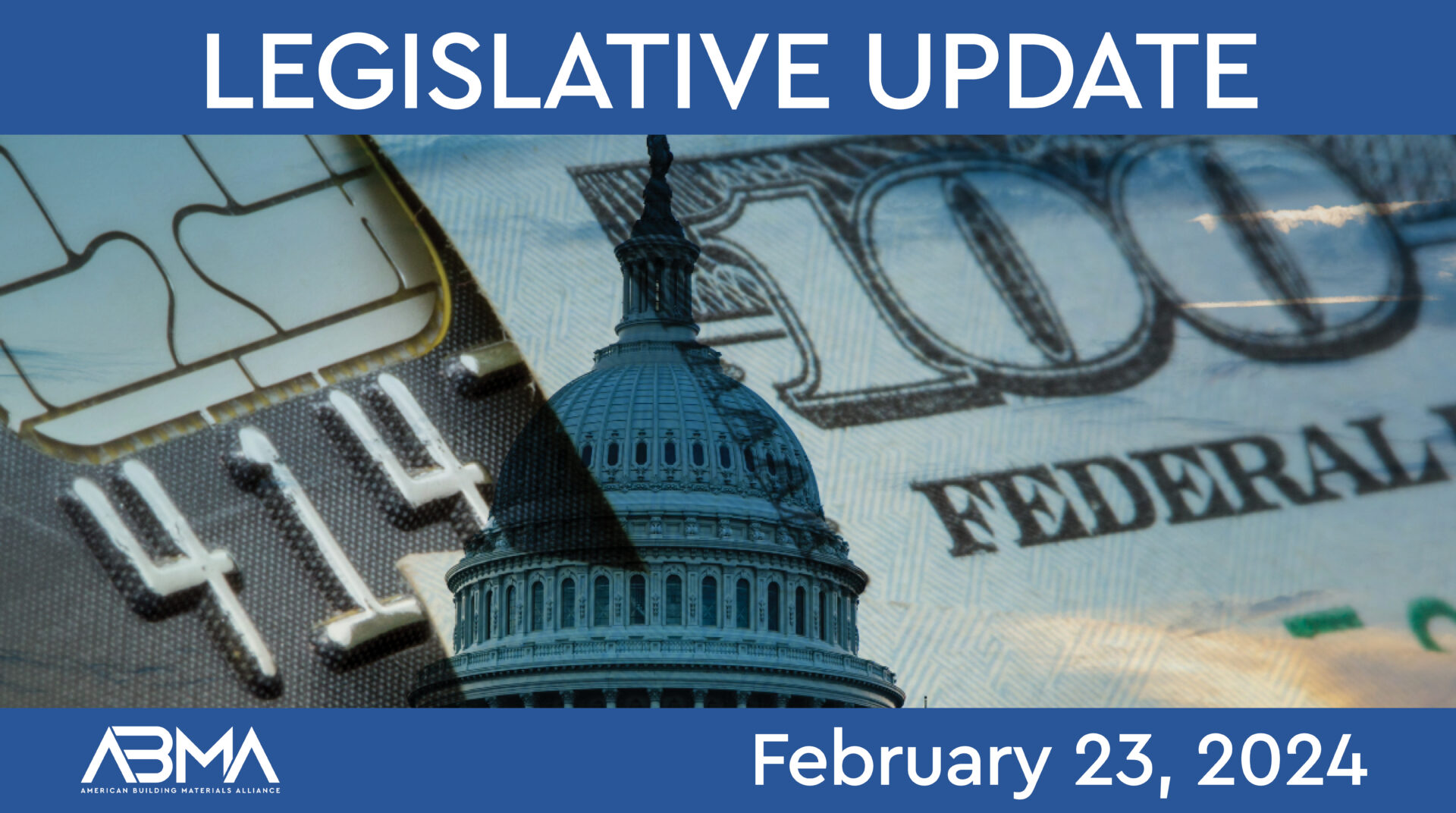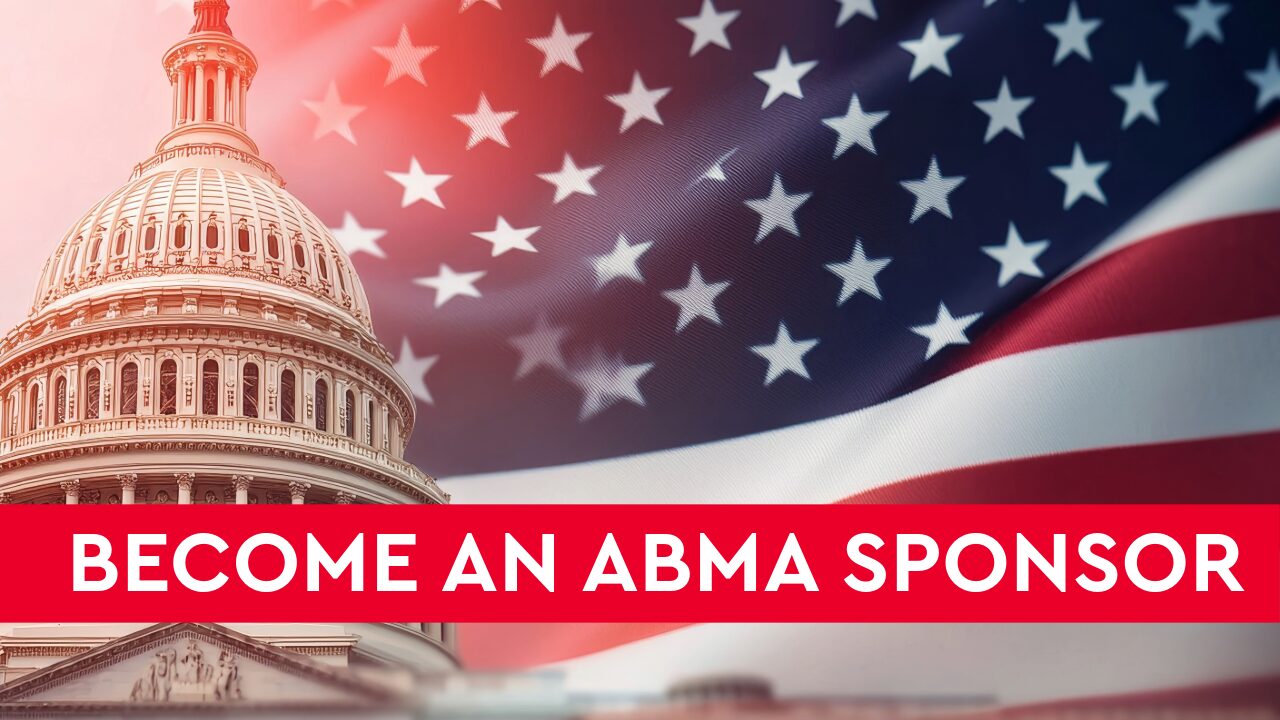Conservatives Push for Year-Long CR as Funding Deadline Nears
Members of Congress were back in their states and districts this week in observance of President’s Day. They return next week and immediately face a daunting hurdle—funding the federal government. Roughly half of the federal departments and agencies run out of funds March 1 and the other half face the same issue a week later on March 8.
This week, a group of conservative House Members sent a letter to Speaker Mike Johnson advocating for a year-long Continuing Resolution (CR) that would fund federal government operations through at least the end of the fiscal year. This approach would hold spending at current levels but does not enjoy support from Democrats and would face opposition in the Senate. A more likely outcome is a short-term funding extension to buy time yet again to come to agreement on a Fiscal Year 2024 spending bill. A partial or full government shutdown is certainly a scenario in the mix, but we think that with the November election looming, lawmakers will come to some sort of consensus to keep the lights on at least past March 1.
Senate Plans April Hearing on Credit Card Transaction Fees
Late last week, ABMA picked up intelligence that the Senate Judiciary Committee intends to hold a hearing in early April on credit card transaction fees assessed to retailers. Senator Richard Durbin (D-IL) chairs the committee and has been the leading proponent of the Credit Card Competition Act in the upper chamber.
As we understand it, leaders from both Visa and Mastercard have been summoned to testify before the committee about the current duopoly these companies maintain over the credit card network that processes transactions. Recall that the Credit Card Competition Act (S. 1838) would require the largest credit-card issuing financial institutions in the country—those with assets over $100 billion–to enable at least two credit card networks to serve their credit cards instead of just one, and at least one of those networks must be one outside the Visa/Mastercard duopoly. If enacted, the largest banks that issue the overwhelming majority of Visa and Mastercard credit cards would have to choose a second competitive network to serve each card, and then a merchant would have the option to choose which network to use to process a transaction. This requirement is already in place for debit cards and S. 1838 would simply extend this to credit cards. The legislation has four cosponsors in the Senate—Senators Roger Marshall (R-KS), Peter Welch (D-VT), J.D. Vance (R-OH) and Josh Hawley (R-MO). The companion bill in the House is
H.R. 3881 sponsored by Rep. Lance Gooden (R-TX-5) and boasts seven cosponsors. We will provide more information as details about the hearing become available. ABMA is considering preparing a statement for the record and submitting questions to committee members to ask the witnesses.




